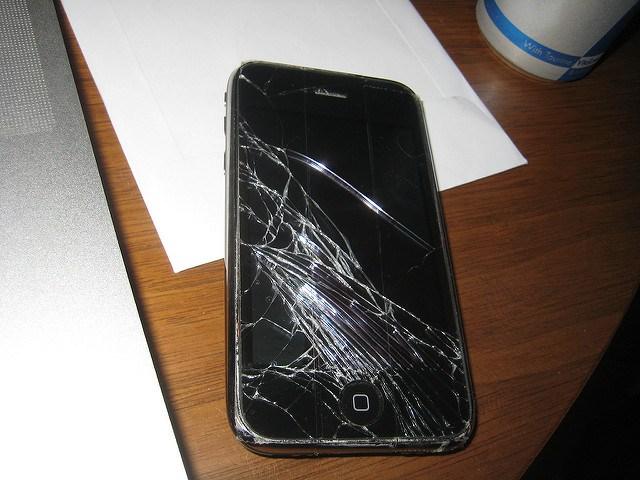
Most people want to hold on to their cell phones as long as possible. One poll found that 54 percent of Americans will only upgrade when their cell phones stop working or become obsolete. I am one of them. When my LG G2 smartphone suddenly turned off and wouldn’t turn back on, I was bummed because I wanted to hold on to the phone for at least two years. Instead I had to buy a new one after only 17 months. However, if information was available as to how a phone could be repaired, perhaps I could have found a way to fix it.
A bill introduced by New York state legislators would require electronics manufacturers to provide owners and independent repair businesses with the information needed for repair or to replace parts. And the legislation would include cell phones. Called the Fair Repair Act, the bill continues to languish in committee. And nothing may come of it, as the state legislative session ends at the end of this month. The bill needs to clear committee and pass in both state legislative chambers before the sessions ends.
So, what is the hold-up? In short: Apple is opposing the bill, as recent media reports reveal. As the Huffington Post put it, Apple has “repeatedly opposed right to repair legislation in the United States.” And the Huffington Post “confirmed through government filings that Apple has lobbied on the issue.”
Similar bills were brought up in three other states: Massachusetts, Nebraska and Minnesota. Apple has opposed the bill in Massachusetts. Called the Digital Right to Repair Bill, it would “establish fair and reasonable terms for providing diagnostic, service or repair information to independent vehicle repair providers.” Massachusetts State Rep. Claire D. Cronin co-sponsored the bill. “It has certainly come to my attention that Apple is opposed to this bill,” Cronin told the Huffington Post. She added that “electronics companies are running a repair monopoly.”
Right-to-repair bills would be good for the economy and the planet
If one of the right-to-repair bills passes, it would affect the rest of the country. Take the New York state bill. If state lawmakers pass the bill, it “could open up independent access to repairs across the nation; its legality in one state would free up information and distribution flow to the rest of the country,” Washington Post staffer Karen Turner wrote last week.That would be a good thing for the economy. The Repair Association is a champion of right-to-repair bills. The organization states on its website that a “competitive repair market is vital to the economy,” and points out that when manufacturers “own the only repair shop around, prices go up and quality goes down.” Providing repair and product replacement information makes it possible for repair shops to pop up.
The Repair Association cites three things that indicate Americans are in favor of right-to-repair laws:
- 86 percent of voters in Massachusetts passed the Automobile Owners’ Right to Repair Law in 2012.
- 114,322 signed a petition to legalize cell phone unlocking.
- One million people have joined open-source repair groups like iFixit to learn how to repair their stuff.
Being able to have our cell phones repaired would be good for our pocketbooks, good for the economy and good for the planet. It's a win-win-win situation. It is time for companies like Apple to stop opposing right-to-repair bills while trumpeting their environmental initiatives.
Image credit: Flickr/Jay Tamboli

Gina-Marie is a freelance writer and journalist armed with a degree in journalism, and a passion for social justice, including the environment and sustainability. She writes for various websites, and has made the 75+ Environmentalists to Follow list by Mashable.com.














